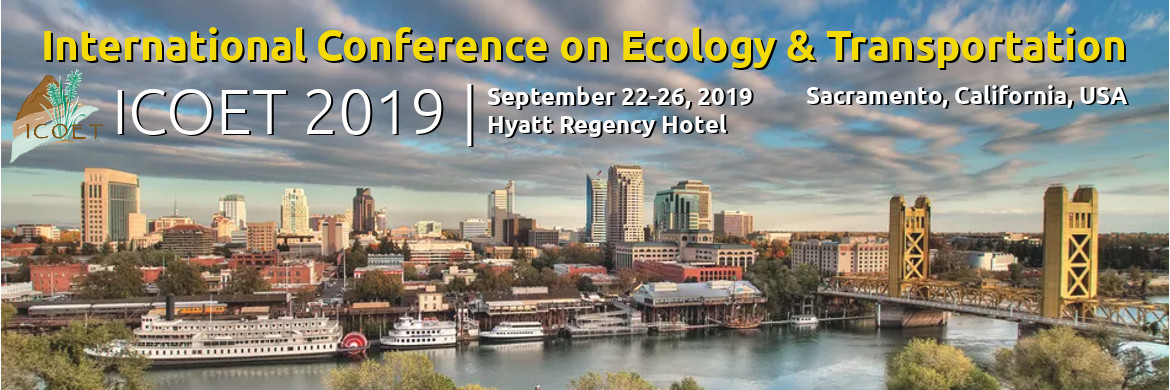Improved efficiencies and significant project results have strengthened the long-term commitments of the California Coastal Commission (CCC) and Department of Transportation (Caltrans) to carry out their respective mandates through a partnership approach. Specific Interagency Agreements have provided funding for more timely review of transportation proposals and for the development of a specific Caltrans' program dedicated to Coastal Act compliance. These collaborations have guided a number of efficient multi-modal transportation projects linked to the restoration and enhancement of coastal resources, including environmentally sensitive habitats, public access and agricultural lands. This work reveals that earlier coordination and cross-communication, particularly in the planning phases of both agencies' work, result in better project development and delivery consistent with California's Coastal Management Program. To accelerate and expand these results, interagency teams have focused on implementation of elements of both agencies' Strategic Plans to streamline design and delivery of environmentally-sensitive transportation projects in the coastal zone. Information exchange has been a particularly important ingredient, including guidance tools for Caltrans' environmental practitioners and engineers as well as training focused on each agency's mandates, regulations and business practices. A 2015 Integrated Planning Team (IPT) was tasked with developing a framework for connecting the various planning processes of both agencies. The IPT also drafted strategies for addressing sea level rise through a phased approach in transportation plans and projects consistent with the CCC's adopted policy guidance and for working together toward the completion of the California Coastal Trail. In addition, a number of special initiatives for creating programmatic approaches to reoccurring issues were agreed upon as was a conflict prevention strategy for both agencies. Upper management from both agencies oversaw this work, resulting in a Plan for Improved Agency Partnering, and a new partnership agreement signed by each agency's directors in 2017. This interagency work has resulted in a number of legacy coastal zone projects such as the Devil's Slide Tunnels and CCT, the Ventura Hwy 101 HOV expansion and the San Diego North Coast Corridor Public Works Plan. Each of these have advanced goals for carefully protecting natural resources and providing a range of multi-modal transportation projects that support key elements of California's tourism and business economies as well as the quality of life enjoyed by local citizens. IPT efforts are now expanding to promote advanced resource mitigation efforts, prepare for new State gas tax funding and link local/regional sea level rise vulnerability assessments/adaptation plans with corollary State infrastructure efforts.
